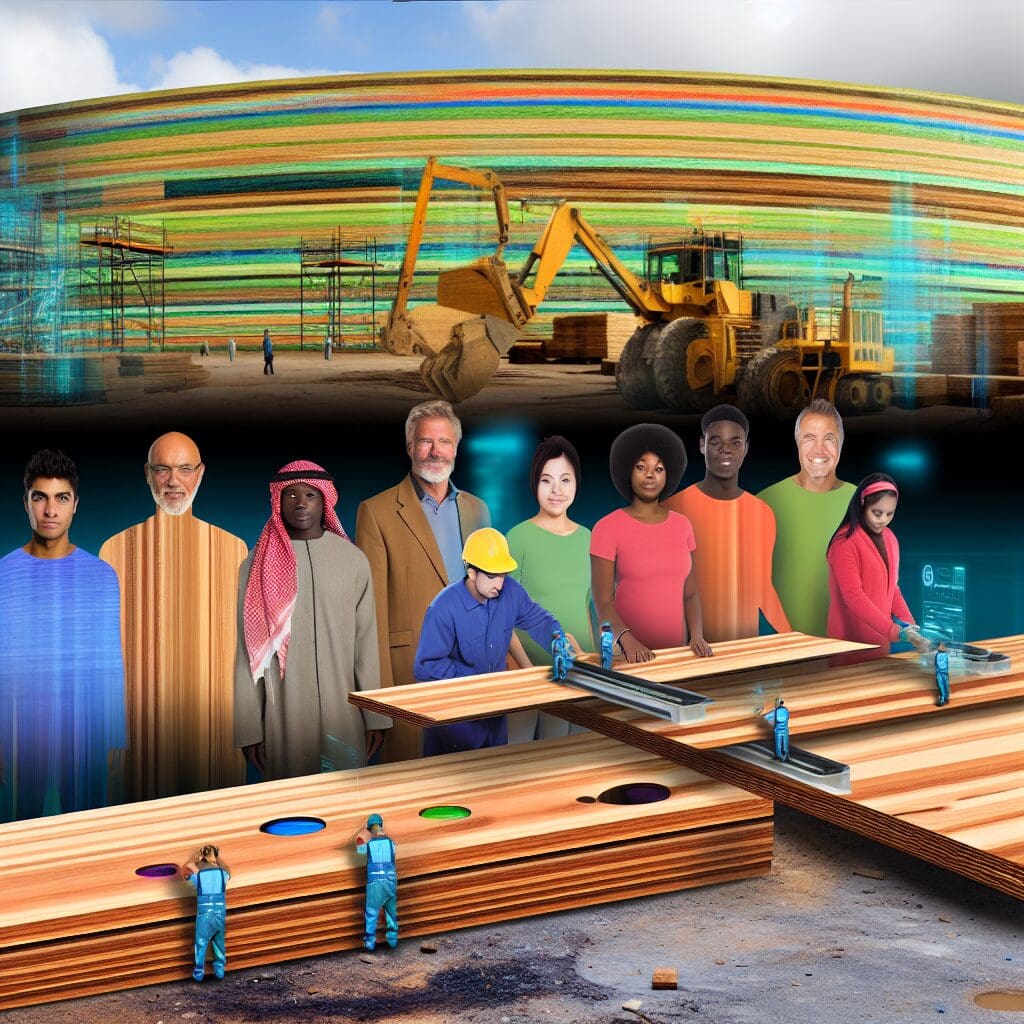Researchers at the University of Maryland have developed genetically engineered wood that promises to revolutionize sustainable construction. This innovative approach to wood engineering not only enhances the structural integrity of timber but also addresses the pressing need for eco-friendly building materials in an era marked by climate change and resource depletion.
The process involves modifying the genetic makeup of trees to improve growth rates, disease resistance, and overall durability. Such advancements could significantly reduce the reliance on traditional wood sources, which often contribute to deforestation. For instance, by creating faster-growing tree species, the new technology can lead to a more sustainable production cycle, where trees can be harvested more frequently without depleting natural forests.
Moreover, this engineered wood could feature enhancements like improved fire resistance and increased strength, making it more suitable for a variety of construction applications. These benefits could result in lower costs and longer-lasting structures, appealing to both contractors and homeowners alike.
The implications for the construction industry are vast. With sustainable building practices gaining traction, this genetically modified wood aligns perfectly with the growing demand for green building materials. Companies seeking LEED certification or aiming for sustainable excellence will find this innovation a valuable addition to their arsenal.
The University of Maryland’s breakthrough represents a significant leap toward a future where construction not only meets human needs but does so with a commitment to preserving the environment. As regulatory frameworks tighten around environmental impact, such advancements could soon become indispensable in eco-friendly construction. This innovation stands as a testament to how science can play a crucial role in shaping a sustainable future for our built environment.












